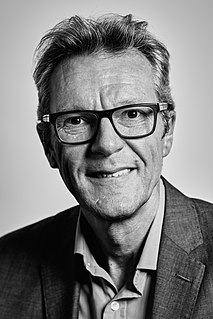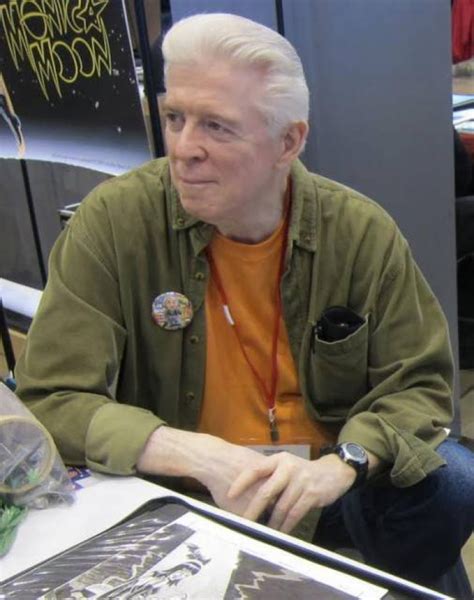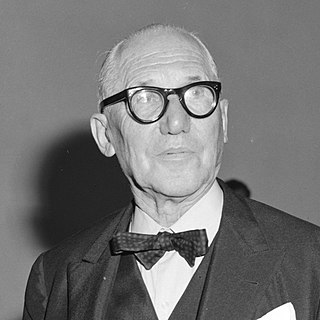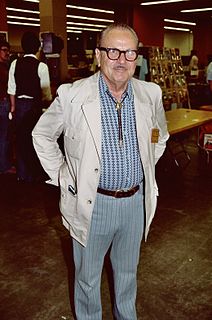A Quote by William J. Duiker
[Ho Chi Minh] was always conscious that conditions in China and Vietnam were not always the same. He "kowtowed" to the Chinese - as he had to the Soviet Union - in order to receive their assistance, but he quietly worked to limit those forms of influence of which he did not approve (such as the harsh forms of land reform and the Great Leap Forward). Unfortunately, he was not always successful in fending off those forms of external advice that he didn't agree with.
Related Quotes
I see no reason to believe that the Vietnamese Communist Party will lose control over the reins of power in Vietnam. There is no organized force in the country that is capable of competing with the VCP for power. And the party still believes that it must rule by intimidation and by dominating the political scene In effect, it has abandoned that part of Ho Chi Minh's legacy that the people must be won over by persuasion rather than by force - a dictum that Ho Chi Minh did not always follow himself.
On many occasions in the late 1950s and 1960s, [Ho Chi Minh's] ideas were apparently ignored by those who felt that his approach was too naive and prone to compromise. The outbreak of open warfare with the French and later with the United States was in effect a sign of the failure of Ho Chi Minh to achieve his objective to fight and win at low cost.
In the Leach Pottery we did most of our work on the wheel. [Bernard] Leach did a little work in the studio, which was press-molded forms, plastic clay pressed into plaster forms to make small rectangular boxes and some vase forms, which he liked to make. These were molds which had been made to an original that he had modeled in solid clay, and during our work there, sometimes I would be pressing these forms as a means of production.
Architecture is the masterly, correct and magnificent play of masses brought together in light. Our eyes are made to see forms in light; light and shade reveal these forms; cubes, cones, spheres, cylinders or pyramids are the great primary forms which light reveals to advantage; the image of these is distinct and tangible within us without ambiguity. It is for this reason that these are beautiful forms, the most beautiful forms. Everybody is agreed to that, the child, the savage and the metaphysician.
What the soul is doing is kind of walking through the forms, and so our experience of thinking isn't normally this kind of pure intuitive insight that intellect gets, and that intellect must get right, because it's always identical to its objects, it's always the same as the forms that it's thinking about.
On the earth, satellite of a star speeding through space, living things had arisen under the influence of conditions which were part of the planet's history; and as there had been a beginning of life upon it, so, under the influence of other conditions, there would be an end: man, no more significant than other forms of life, had come not as the climax of creation but as a physical reaction to the environment.
So we find that in almost every religion these are the three primary things which we have in the worship of God - forms or symbols, names, God-men. All religions have these, but you find that they want to fight with each other...These are the external forms of devotion, through which man has to pass; but if he is sincere, if he really wants to reach the truth, he goes higher than these, to a plane where forms are as nothing.
I think that in a certain sense, we're concerned about the same issues. How do you accent the progressive, the prophetic, those things that are critical of all forms of injustice, all forms of bigotry, all forms of dehumanizing other people, and yet still allow for a certain kind of flow, linguistic flow, certain kinds of melodies and harmonies in the samplings that take place?
Some years ago I was working on some forms which were vase forms with a fairly narrow base, and it was after [Hans] Coper had died that I saw an exhibition of his, a catalogue from an exhibition, and he was showing some forms which were made by cutting and joining a lot of different parts together to create what he called a spade form, which you can imagine looks a little bit like a shovel upside down.





























